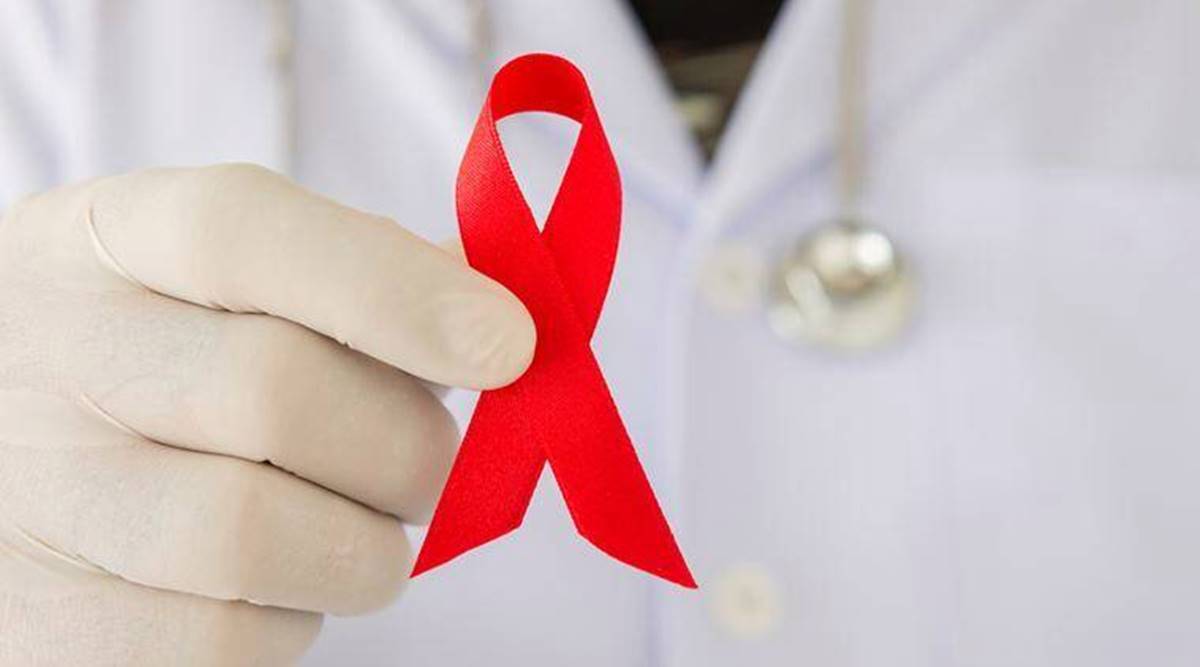 According to Maharashtra State AIDS Control Society officials, 14,000 HIV patients did not return to the anti-retroviral treatment (ART) centres as per their scheduled visits because of the lockdown. (Representational)
According to Maharashtra State AIDS Control Society officials, 14,000 HIV patients did not return to the anti-retroviral treatment (ART) centres as per their scheduled visits because of the lockdown. (Representational)As many as 405 people living with HIV were Covid-19 positive, of which 92 died due to the viral infection in the last eight months, according to data by Maharashtra State AIDS Control Society (MSACS). Officials said they are trying to analyse how many of these people died prior to July, when not many treatment modalities were available.
Covid-19 has threatened the progress made against HIV, and on the occasion of World AIDS Day (December 1), experts say there’s a need to get the HIV response back on track. According to MSACS officials, 14,000 HIV patients did not return to the anti-retroviral treatment (ART) centres as per their scheduled visits because of the lockdown. “We have reached out to 80 per cent of these people and presently, efforts are being made to trace and treat 2,200 patients, who have been lost to follow up,” an official said.
“We are actively trying to trace them and locate which state they’re from. The lists have been shared with the national teams,” the official said. After phase-wise unlocking began, patients from Bihar, Karnataka, UP and Andhra Pradesh took a transfer out, officials said, adding that there are 900 patients in transit, but in this group too, drug dispensation is being actively monitored.
From April to October, 4,669 persons were found HIV positive among 11.38 lakh people who were screened this year. A total of 2,14,496 HIV positive people are on active ART across 72 centres, and 177 link ART centres. A total of 15,734 are on the second line ART.
Patients who are medically and clinically stable are being provided a three-month course of medications, and this initiative has been useful in avoiding overcrowding at ART centres amid the pandemic. Till October this year, nearly 87,582 patients availed the multi-month drug dispensation service.
Officials said that a total of 30,000 patients have been shifted to the newer drug regimen – Tenofovir, Lamivudine and Dolutegravir (TLD) – as per the National AIDS Control Organisation’s new policy.
Burden of anxiety high in PLHIV
Experts have said the burden of anxiety was high during the Covid-19 lockdown among socio-economically disadvantaged persons living with HIV in Pune (PLHIV). A survey conducted in Pune in April-May found high prevalence of Generalised Anxiety Disorder among PLHIV during the Covid lockdown. This was reported in a paper published in the BMC Public Health Journal by Dr Shashikala Sangle, associate professor of medicine at B J Medical College and Vidya Mave, research director at BJMC-John Hopkins University Clinical Research Site, among others.
“Non-adherence to ART is one of the many adverse effects of anxiety,” researchers said. “Our findings also come with the sobering implication that the Covid-19 pandemic will have devastating effects on the mental health of Asian-India PLHIV, as well as downstream HIV-related treatment outcomes, especially as the pandemic continues to grow in India, and particularly or PLHIV who are socio-economically disenfranchised.” They also recommended regular use of short screening tools for anxiety to monitor and triage patients as an extension of current HIV services.